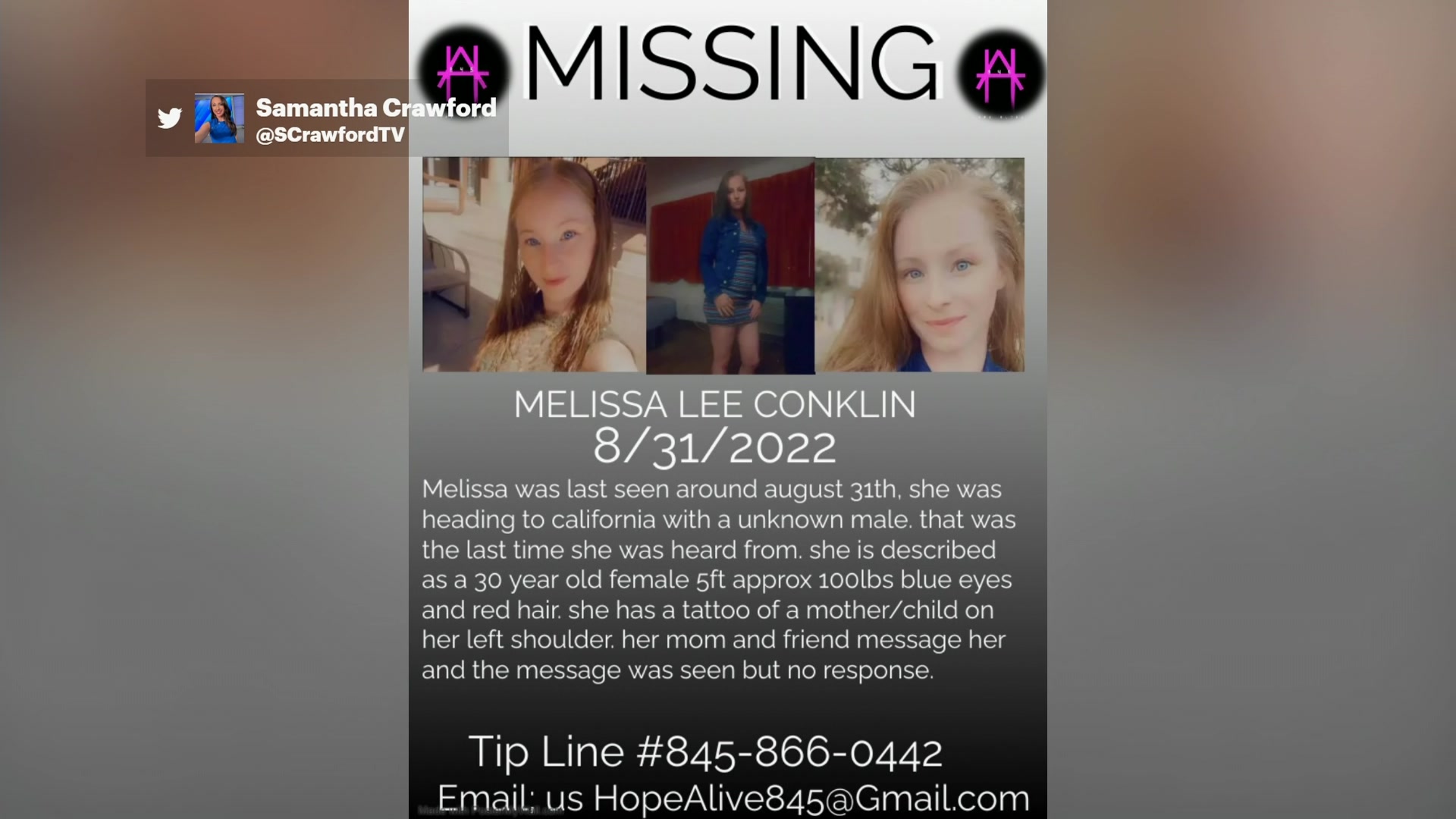A lot of things are illegal. After all, the term “police state” wouldn’t exist at all if we didn’t live in a society full of ever-evolving laws and rules. There are so many laws ranging from totally minor to the utmost urgency, that it’d be close to impossible to memorize every single one of them — much less know about all of them. With that said, there are many people who unwittingly break minor — and sometimes not-so-minor — laws quite frequently. Could you be one of those people? The following is a list of illegal activities that you probably didn’t even realize are against the law.
Hopping on someone else’s WiFi
If you’ve ever used a public or unsecured private WiFi network without permission, you’ve committed an illegal act. This includes hopping on your neighbor’s WiFi and also use a of business’s network such as those offered to Starbucks customers. Depending on the circumstances, this is considered a minor crime, and is rarely enforced. There are cases, however, of people being made to pay hefty fines and commit to community service after using “free” WiFi without authorization.
Sharing passwords
If you’ve ever used someone else’s Netflix account or exchanged passwords with your friends to use their social media or streaming accounts, you’ve actually broken a law. Believe it or not, a federal law was passed in 1986 called the Computer Fraud and Abuse Act, which prohibits the sharing of passwords — among other things. While this is clearly not a heavily-enforced law, there is precedent for people facing criminal charges in association with it. Furthermore, if you’re already being charged with crimes associated with your online behavior, this could be used against you by officers who are “tacking on” as many charges as they can. So you might want to think twice about using your ex’s Netflix password without permission. If your ex is petty you might end up in unnecessary trouble. This is especially if you’re caught specifically violating a services TOS pertaining to password sharing. Fortunately, not many streaming services actually go after people who share passwords.
Using fake names online
This is something that a lot of us have done at least once in our lives — especially those of us who grew up in the 90s and who were taught not to share any kind of identifying information on the internet. Using fake names online is an internet tradition, but believe it or not it’s not exactly legal. Depending on which state you reside in, using a fake name could violate a number of laws. Most notably, in the state of California, impersonating someone online can land you in actual jail. Calling yourself Seymour Butts on Facebook may not warrant a visit to your home by authorities, but you could be committing a CFAA violation if you’re doing so on a network that specifically prohibits the use of fake names. The Computer Fraud and Abuse Act prohibits you from accessing a computer or the information within a computer through fraudulent means — including the use of fake identities, and including tricking others with a false name in order to gain personal information. In other words, if you’ve ever created a fake social media account to friend someone and get information through dishonest means — whether that be through getting them to click a link, or sharing information that they wouldn’t have otherwise shared with you, or to obtain password or personal info that can be used to “hack” into their accounts — you’ve likely committed a crime. That means, if the person you’ve done this to is smart enough to know that you’ve committed this crime, they could pursue legal action against you, which could end in fines and/or jail time.
Eating your groceries before you pay for them
A lot of us have done this — or at least we know someone who has — but it’s illegal to eat or drink from your grocery cart before you’ve paid for your groceries. This might not seem like a huge deal. After all, you’re already shopping and most likely fully intend on paying for your stuff. However, it’s completely common for people to also shoplift food, or even eat in the middle of grocery stores with no intent on paying whatsoever. The employees of said grocery store can’t know one way or the other that you’re going to actually pay for the merchandise — until you’ve actually paid. In many cases, employees of grocery stores won’t say anything to you if they see you doing this because they’re waiting to see if you try to leave the store without paying. As long as you pay before you leave the store, this sort of thing is more-often-than-not looked over. However, that doesn’t mean you won’t eventually encounter someone who calls the cops if they see you sampling your groceries before paying. Fortunately for you, if you truly have the intent of paying, situations like these rarely escalate criminally.
Putting trash in someone else’s trashcan
This one actually depends not only on the state you live in, but the county or town as well. Every region has different regulations associated with the dumping of trash — or rather, the unauthorized dumping of trash. For example, in most place it is illegal to dump your personal trash into the dumpster receptacles of businesses and apartment complexes. This is unlawful dumping that can get you slapped with a number of fines, depending on what you’ve dumped and where. In some neighborhoods it is illegal for you to throw trash into your neighbor’s trashcan — even if they’re out on a public street. There are numerous reasons for this ranging from environmental concerns to more serious matters. Nonetheless, many people have “innocently” thrown trash into other peoples’ trashcans without authorization — both in residential and public situations. Usually, you won’t get in any trouble for this, unless the person complains and you do in fact live in an area that has these kinds of laws. In fact, it’s popularly debated as to whether or not it’s illegal to throw bagged pet droppings in random trashcans while walking your dog. In a lot of cases, this isn’t entirely illegal (depending on where you live, of course), but if you anger a neighbor doing this, you still might want to stop it. Fortunately, even in many places where it’s illegal to use someone else’s trashcan, there are exceptions. If you’re trying to prevent the spread of litter, or if a neighbor’s trash is loose and flying about, it is usually perfectly acceptable to throw it in the nearest trashcan.
Conclusion
These were just a few examples of the numerous things that some of us may not realize are illegal. What are some examples that you know about?

Chelsea Hoffman is a true crime writer with over a decade of professional writing experience. She is best known for her coverage of missing people including the tragic disappearance of Madeleine McCann as well as the heartbreaking cases of Dylan Redwine, Heather Elvis and many others.



